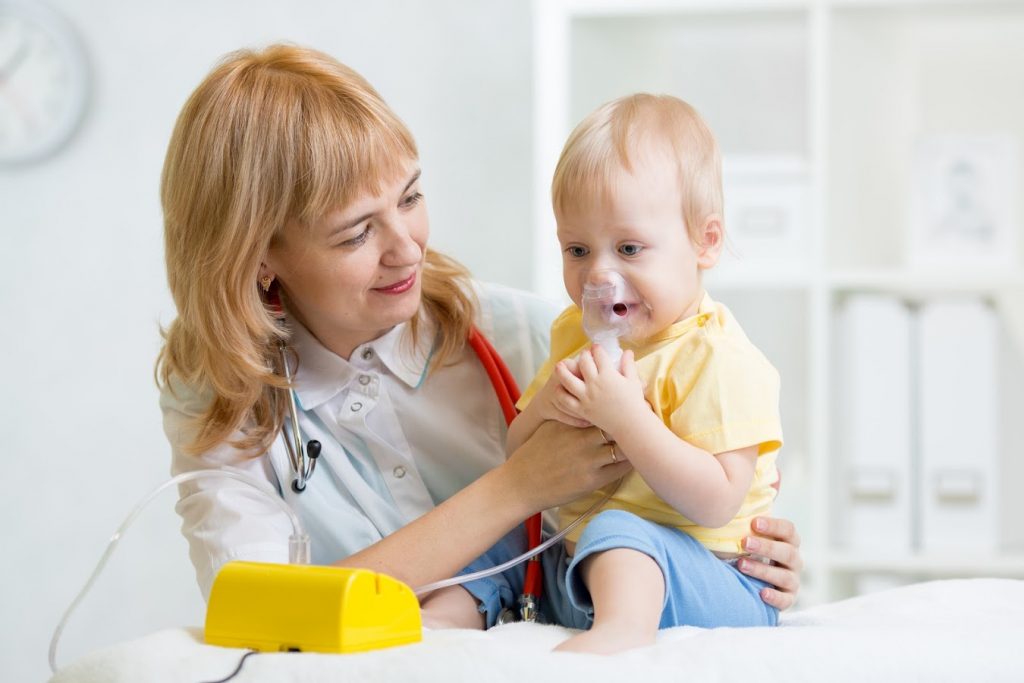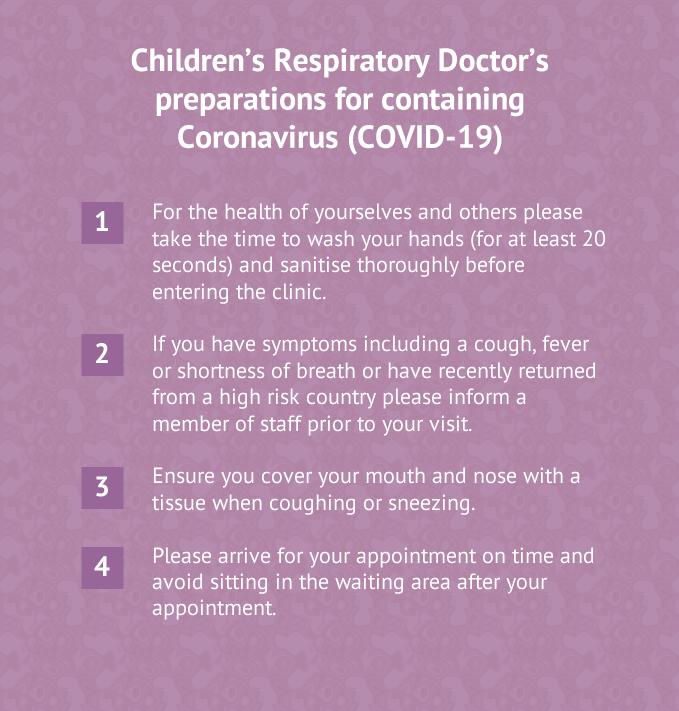Most cases of bronchiolitis in babies can simply be treated at home, but when the symptoms are severe it may be necessary to manage them in hospital. Hospital treatment typically involves keeping babies fed, hydrated and as comfortable as possible, with doctors on hand in case of complications. However, it is sometimes necessary to provide extra oxygen to help with breathing difficulties.

Should Oxygen Treatment Be Used More Often?
Some recent studies into the treatment of bronchiolitis in babies have suggested that it could be improved by extending the use of high-flow oxygen to more patients. The treatment is usually only offered to babies who are in the ICU, but the research suggests that it may also be beneficial for babies and who are hospitalised without requiring intensive care. Babies who received the oxygen treatment were less likely to experience complications or to need additional treatment.
When Is Extra Care Needed?
Infants may need extra care in hospital if they have a very high fever, breathing difficulties, or they are becoming dehydrated. It can also be important to take extra precautions when treating bronchiolitis in babies who were born prematurely or who have other health conditions that could increase the risk of complications. Doctors may then suggest spending some time in hospital as a precaution so that any problems are spotted and treated as soon as possible.
Although high-flow oxygen isn’t currently offered to all babies who are hospitalised with bronchiolitis, other treatments are available to manage the symptoms. One of the most important things that doctors can do is to ensure that babies are getting enough fluids, but they may also require help feeding. Most babies will be well enough to go home within a few days, but it can take longer if there are any complications.



